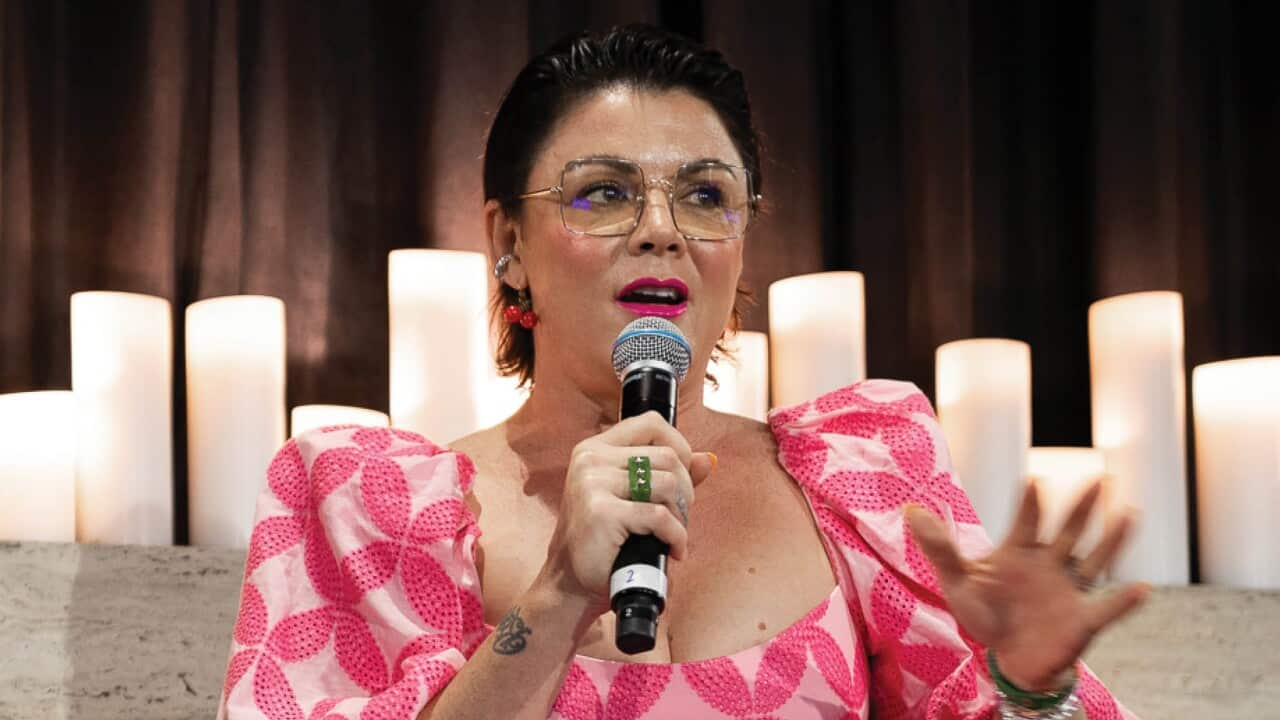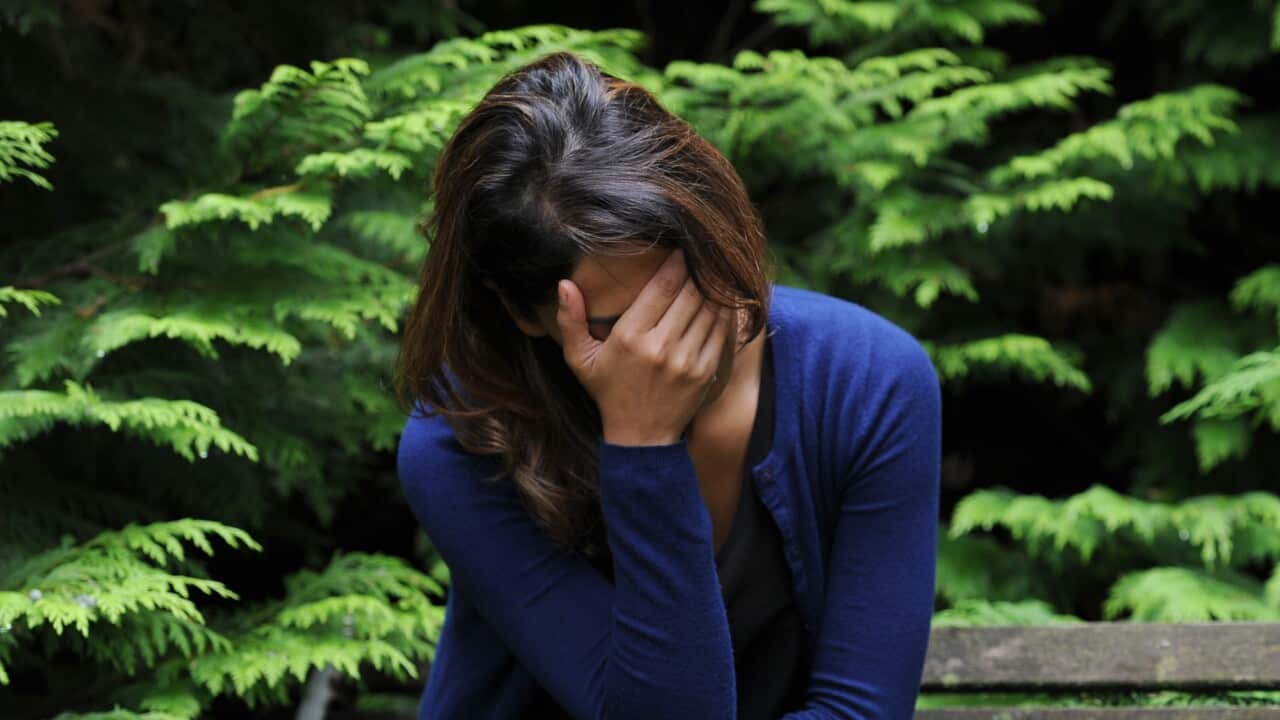Key Points
- Em Rusciano has given evidence to a Senate committee investigating ADHD assessment and support services.
- The 44-year-old shared the mental anguish decades of undiagnosed ADHD had on her life.
- She urged the government to fully fund the recommendations given to the Senate committee inquiry.
Presenter and entertainer Em Rusciano has spoken of the mental anguish decades of undiagnosed attention deficit hyperactivity disorder (ADHD) had on her, as she urged the federal government to fund measures to improve the lives of Australians with the condition.
The 44-year-old made the comments on Tuesday during a submission to a Senate committee inquiry hearing investigating the barriers to consistent, timely and best practice assessment of ADHD and support services for people with the neurodevelopmental disorder.
Wait times for formal ADHD diagnoses have blown out across Australia, with greater awareness and a better understanding of symptoms - particularly among women, girls, and those assigned female at birth - contributing to demand. The cost of ADHD assessment and treatment is also prohibitive for many.
ADHD typically presents differently in women, girls, and those assigned female at birth, leading Rusciano to receive a diagnosis only two years ago.
"I don't know how to explain to you the mental toll of being undiagnosed and then finding out at 42 that all the things that you thought were awful about yourself and just made you a bad person or undeserving of a happy life, were actually things that you're predestined to have — you're wired that way, it's in your brain," she told the hearing.
"I was lucky I got picked up, and I was lucky that I'm medicated, and I'm lucky that I do have the resources to support myself."
Rusciano, who is also autistic, said it was "impossible to even begin to calculate" what inadequate access to diagnosis, expensive and inaccessible treatment, and a lack of support in schools and workplaces were costing society and the economy.
"My undiagnosed ADHD caused not only emotional pain, it caused me great professional difficulties. It kept me from reaching my potential, and I'm a relatively privileged and well-supported person," she told the hearing.
"We'll never know how many undiagnosed people with ADHD have and will continue to slip through the cracks, how many of us fill the jails and our mental health facilities.
"Now that I have access to diagnosis and treatment, not only am I able to understand myself better, I contribute to society more."
Rusciano said her diagnosis "transformed" her life — something everyone with ADHD deserved.
"People with ADHD can be pretty damn impressive. Our paths and navigation systems are different, but no less valuable.
"Emotionally, and yes, even economically, we can contribute to this country.
"You all have the power to unlock that potential."
The ADHD community had already "done the hard thing" and it was time for the federal government to step up, Rusciano said.
"You asked a lot of us to overcome our disability to submit our entries to the ADHD Senate inquiry. And trust me, this was hard," she said.
"Asking people who are naturally low on dopamine with executive function issues to fill in a multistage website, follow complex ordered instructions, and condense what it's like being an ADHD-er to a few paragraphs is, to put it very mildly, not the best way to gather information from us. In fact, it's ableist.
"You have the power to enact actions that align with what we, the people your decisions affect, have told you we desperately need.
Rusciano said those with ADHD wanted the government "to do the hard thing and appropriately fund" measures that would improve their quality of life.
Rusciano also reiterated her call .
The committee is due to report back to the Senate by 18 October.




